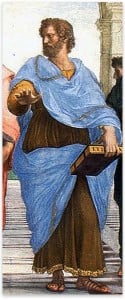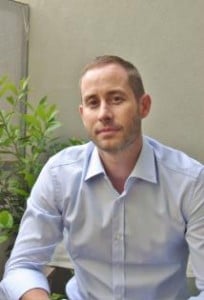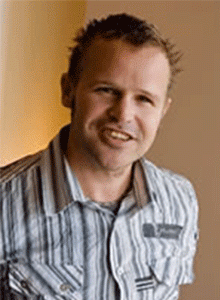 Burwood Corporate Centre, Thursday 6th November 2014
Burwood Corporate Centre, Thursday 6th November 2014
August 2014 marks 100 years since the outbreak of the first global war, and the beginning of what some historians have called a second ‘30 years’ war.’ The 1914 war itself, then the Russian revolutions of 1917, a contested peace after 1918, accelerating economic crises, the rise of fascism in Spain, Italy, then Germany, the systematic atrocities committed under these regimes, and the division of the world into the two blocs of the cold war following 1945 profoundly shocked European consciousness and culture. Many thinkers argued that there had been an irreversible breach in the continuing traditions of the West. Many others took these crises as proof positive of the redundancy, or culpability, of the ideals of the 18th and 19th centuries, centring around notions of progress, the beneficence of scientific advance, and the overcoming or taming of natural necessity. In academic philosophy, this period saw the opening up of the gulf between angloamerican, analytic and ‘continental’ modes of philosophising, a distinction which still has real currency today. Within European thought, while German post-war thinking largely saw a profound shift away from the figures of Nietzsche, Schmitt and Heidegger, held to have been implicated in their national disaster; in French thought, following 1960, Nietzschean and Heideggerian thought had a huge say in shaping the post-structuralist generation of thinkers whose wider influence around the world, and across disciplinary boundaries, is still felt today. Differently, the need to avoid any perceived proximities to the oppressive statism of the National Socialist and Stalinist regimes has had a huge role to play, via Hayek, Friedman and others in the economic thought that has widely reshaped the international economic and political landscape since 1979.
This conference brings together speakers from around Australasia and the globe to look at the directions of European thought after 1914, with papers on Heidegger, Hegelianism, Marxism, critical theory, classical philosophy, and more.
Schedule
8:45-9:00 am [greetings, welcomes]
9:00 OFFICIAL WELCOMES (UNESCO PROF. FETHI MANSOURI, HEAD CCG) (Room 1)
9:15-10:15 Keynote 1: William H. F. Altman: “Singin’ in the Shade: An Introduction to Post-Post-War Thought”
10:30-11:30 Room 1: Weimar and beyond
Brown: The Sons destined to Murder their Fathers: Crisis in Interwar Germany
Jeffs: Hegel in dark times
Room 2: Weimar and beyond
Potter: The Spengler Effect
Vassilacopoulos: Death and Vision in ‘being-with’: Heidegger’s philosophical Dasein as a ‘response’ to history
11:45-12:45 Room 1: Weimar and beyond
Franke (Waikato): The ‘Secret Germany’ revisited: Karl Wolfskehl’s political correspondence in exile McDowell (Charles Darwin): Scheler’s Radical Pacifism Room 2: Philosophy in academe after 1914
Bloor: The Divide between Philosophy and Enthusiasm: Propaganda and Aporia in the Post-War Project and Now.
Reynolds (Deakin): World War 1 and the anlytic-continental divide
12:45-1:45 Lunch
1:45-2:45 Keynote 2: Prof. Miguel Vatter, War, Peace and Cosmopolitanism in Cohen and Rosenzweig
3:00-4:00 Room 1: Liberalism and Mythology
Zoido-Oser (LSE): Between Idealism and Realism (LSE): Isaiah Berlin’s dilemma
Brennan (Bond): World War One and European Mythology in the Thought of Jan Patočka
Room 2: Marxism and post-Marxism after 1914
Boucher: 1914: The Watershed in Marxism?
Pilapil (Ateneo de Davao): Honneth and the Moral Economy: A Non-Marxist Critique of Market Capitalism
4:15-5:15 Room 1: Towards post-post-war thought
Grimshaw (Canterbury): Ruptured Romans: the Pauline turn Kelly (UWS): What an Aleatory War!
Room 2: Towards post-post-war thought
Sharpe: the sceptical humanist enlightenment, another casualty of 1914
Ass. Prof. Rundell (Melbourne): Forbearance not bad faith (‘We begin in the mess’)
5:30-6:00 Closing discussion led by keynotes





 Burwood Corporate Centre, Thursday 6th November 2014
Burwood Corporate Centre, Thursday 6th November 2014